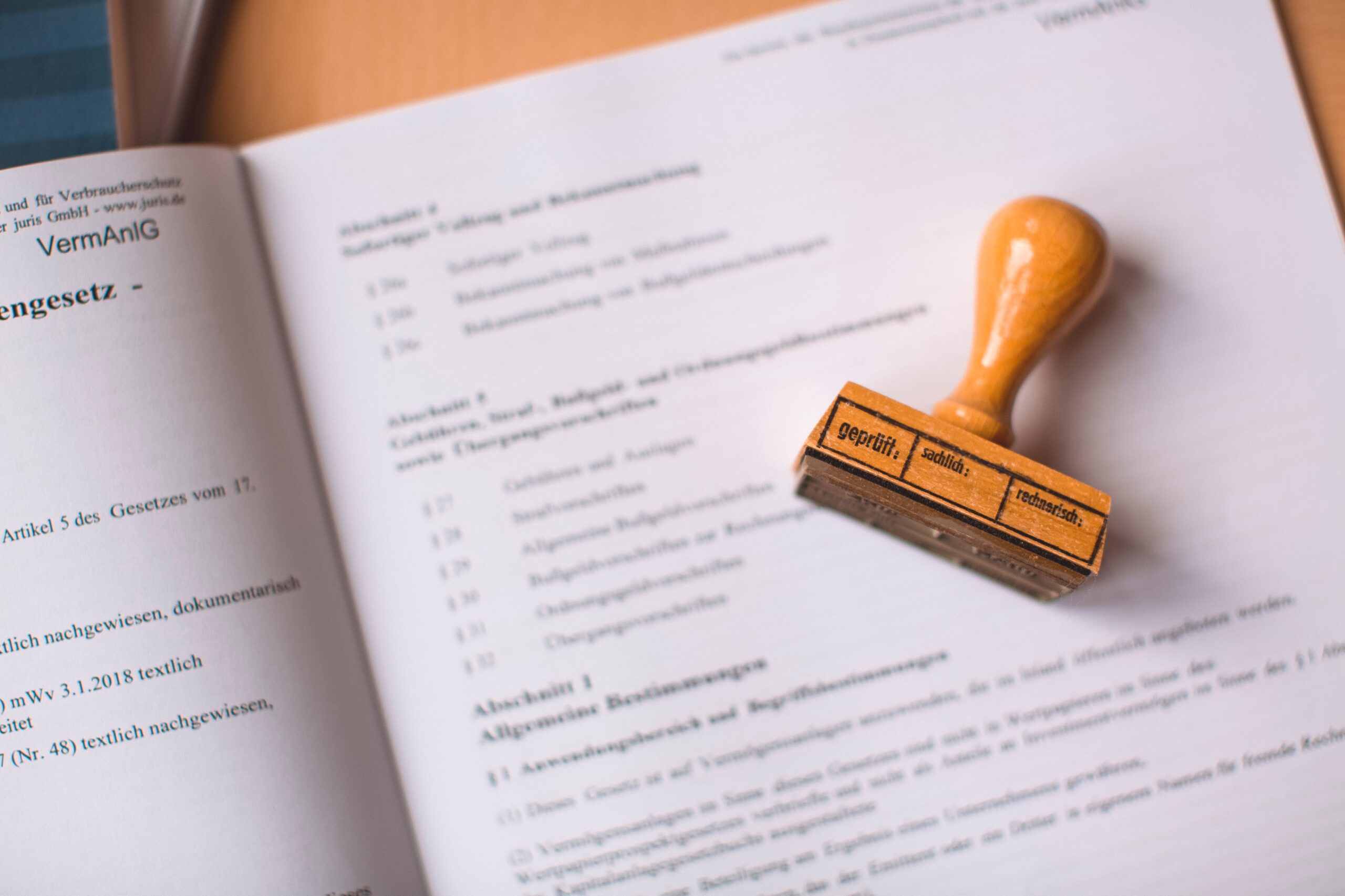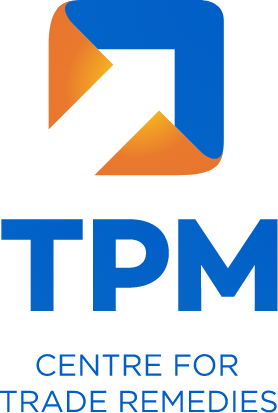Saudi Arabia’s Trade Remedial Law- A step forward.
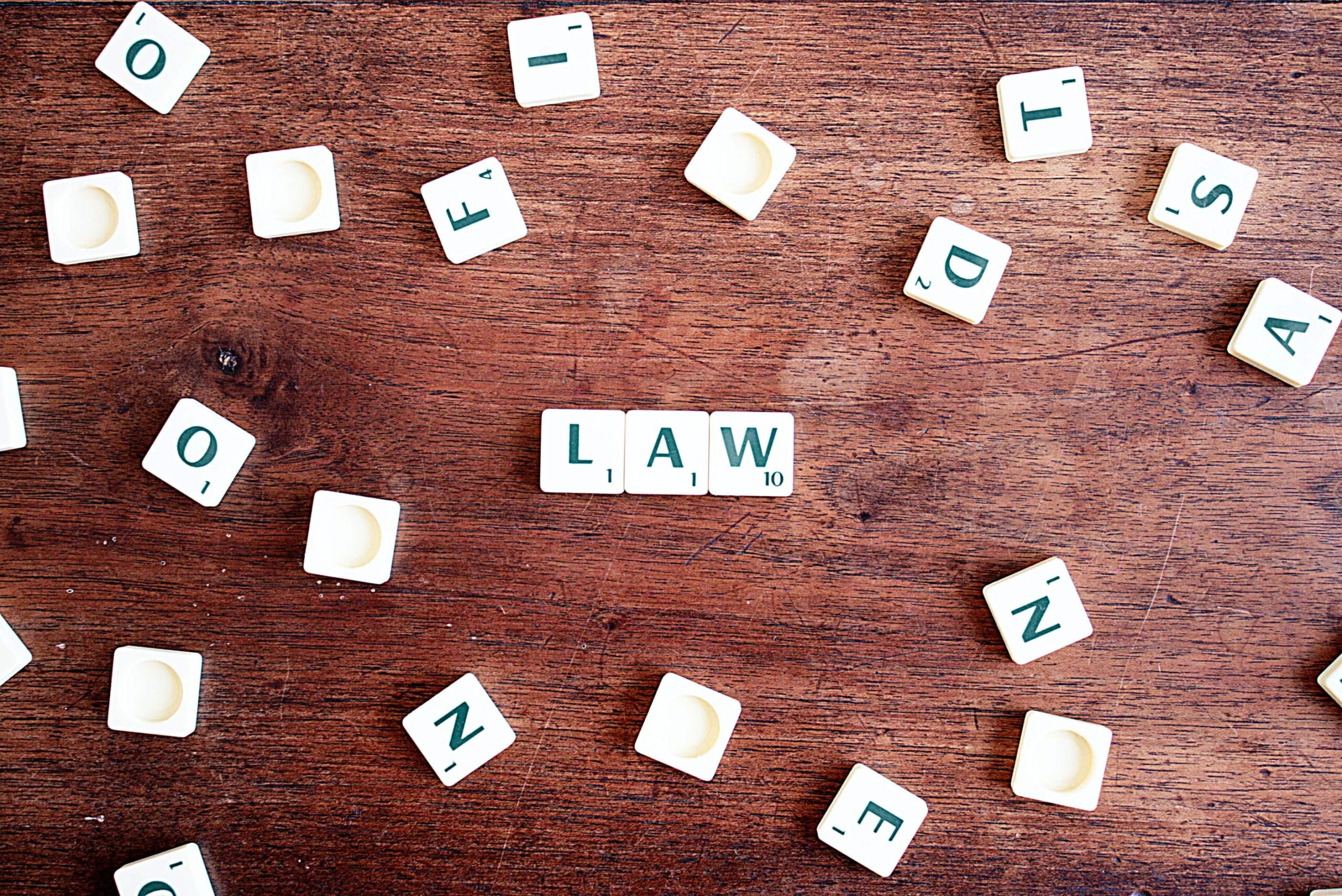
Saudi Arabia became a member of the WTO in 2005. In its effort to adapt its laws to be compatible with the WTO Agreements, the Common Law on Anti-Dumping, Countervailing and Safeguard Measures (“Common Law”) was enacted. However, the same was not done at individual country level, but for GCC as a whole. This law, attempted to combat the injurious and harmful trade practises in all 6 member states of the Gulf Cooperation Council (“GCC”) and governed the trade remedial measures in Bahrain, Kuwait, Oman, Qatar, Saudi Arabia, and the United Arab Emirates.
As a step towards realizing its Vision 2030, , Saudi envisaged the establishment of a domestic trade remedial body. Subsequently, Saudi Arabia enacted the Law of Trade Remedies in International Trade (“Trade Remedies Law”) on December 2, 2022. This Law governs the conduct of anti-dumping, countervailing (anti-subsidy) and safeguard investigations and the imposition of trade remedies on imports into Saudi Arabia. In March 2023, the Saudi Arabian General Authority of Foreign Trade (GAFT) has implemented regulations for the Trade Remedies Law, (“Regulations”).
This Trade Remedies law and Regulations applies to imports made into Saudi Arabia from all members of the WTO, including the members of GCC. This is in contrast to the existing Common Law that allowed for protection against unfair and injurious imports only from non-GCC members. The Saudi domestic industry can now approach the GAFT, which is the investigating authority envisaged under the law alleging unfair competition or a surge in imports into the country. Pursuant to a thorough investigation, and on affirmative determination, the duties shall be levied by the Zakat, Tax and Customs Authority.
Apart from provisions in compliance to the WTO Agreements, the Regulations have laid down rules governing examination of public interest under Article 19-21. Interested parties are required to register and make submissions on public interest, which shall be considered when the President of GAFT decides on imposition/revocation of the duties. The Regulations also lay down provisions for Refund, Price undertaking, Anti-circumvention etc.
The Regulations envisage a two-tier appellate mechanism. The President shall entertain grievances against the imposition of duties within 30 days against the final measures taken under the Trade Remedies Law. Thereafter, an appeal against the President’s decision lies before the administrative courts.
Additionally, the Regulations clarify that the Saudi trade remedial system is to run in parallel with the Common law. However, no investigations shall be conducted on the same product imported from the same source under both systems simultaneously. Similarly, no duties shall be imposed on the same product from the same source under both the laws simultaneously.
The regulations and trade remedial law envisaged by Saudi currently predicts a robust trade remedial system focused on safeguarding the interests of its domestic industry. As a country having cordial relations and significant economic and trade ties with India, the impact on Saudi’s new trade remedial law and consequent increase in trade remedy investigations is to be seen.
You May Also Like
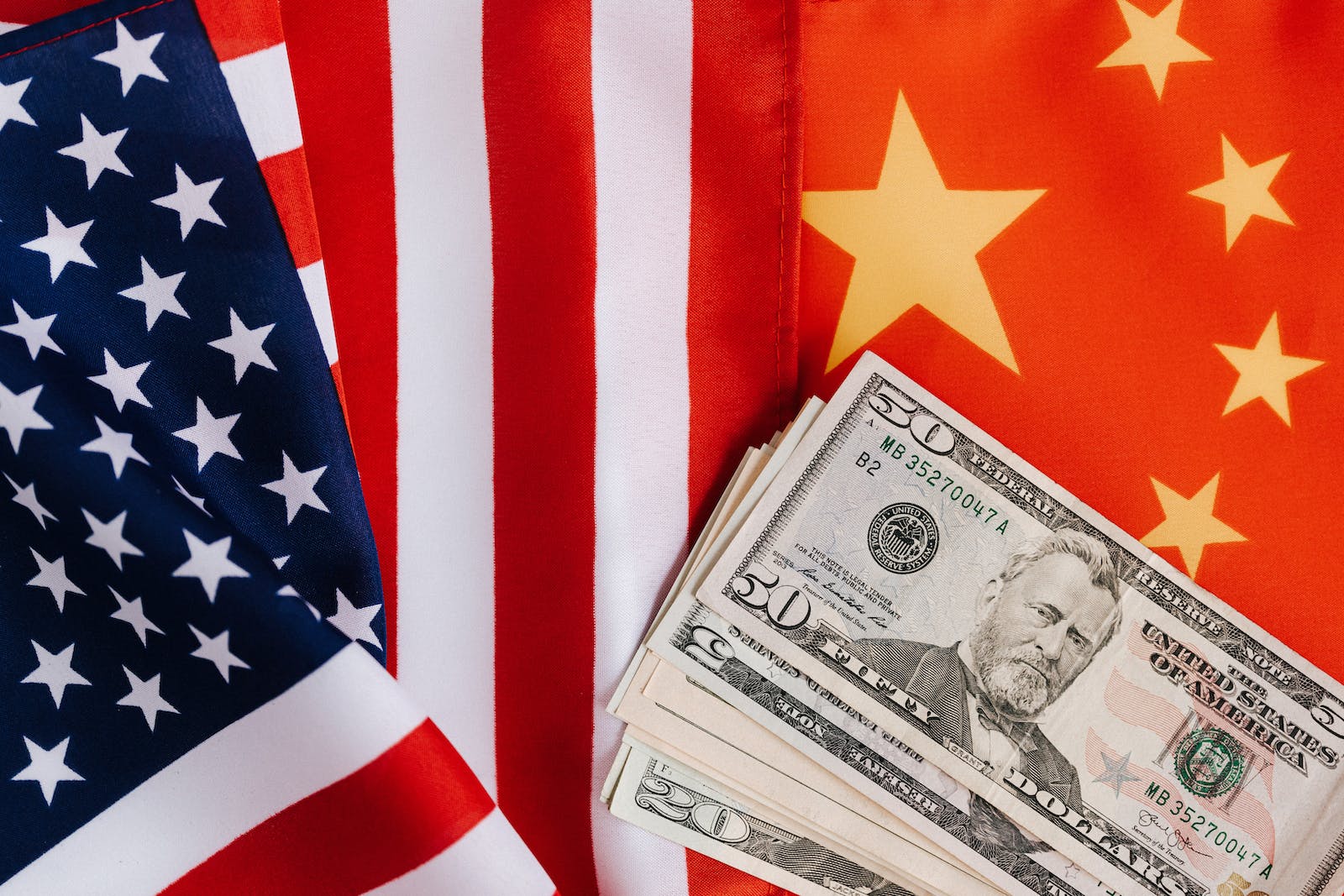
United States challenges Chinese additional customs duty at WTO
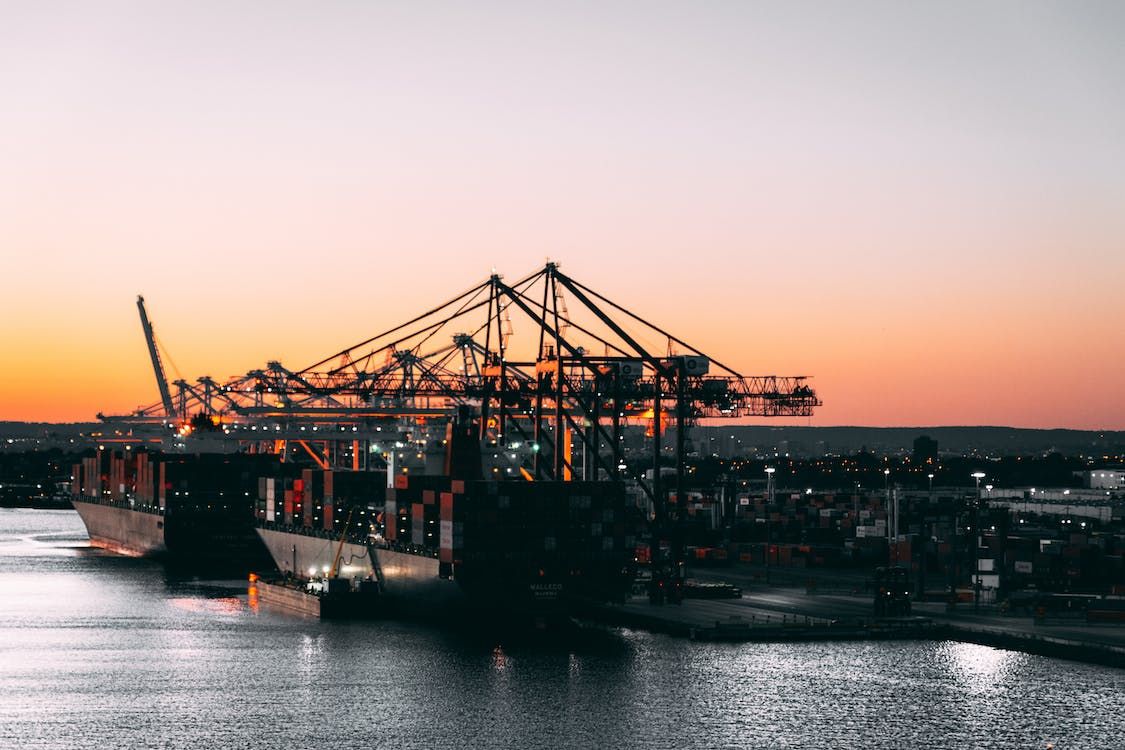
Availability of Import Data: Balancing Confidentiality of Proprietary Information & the Legitimate Requirements of Parties

Saudi Arabia’s Trade Remedial Law- A step forward.
